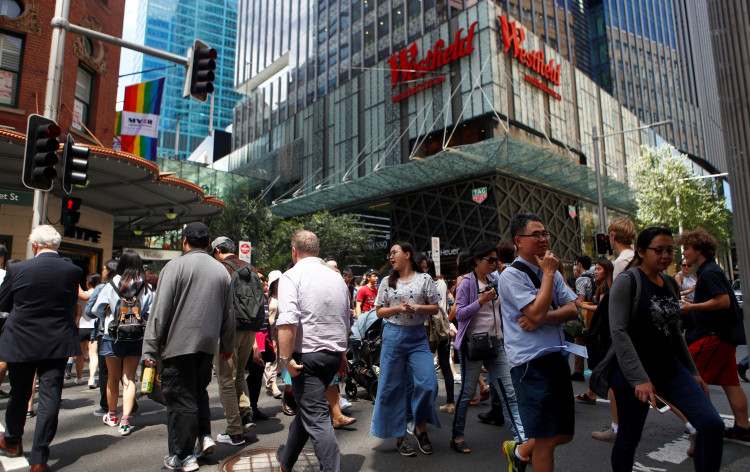Australian stocks declined on Monday amid ongoing internal bushfire crises, global diplomatic tensions, and uncertainties in the China-U.S. trade war. Investors are expecting the signing of phase of the trade deal sometime this week.
According to CNBC, the Australian S&P/ASX 200 shed 0.60 percent in early trade, with several stocks retreating. Santos lost 0.68 percent, BHP Group declined 0.84 percent, and Woodside Petroleum shed 0.75 percent.
Rio Tinto shares also lost 0.71 percent, Origin Energy declined over one percent, and the biggest meltdown of early trading in Australia's stock market was that of Fortescue Metals as the stock shed 1.12 percent.
The country has been struggling with multiple mega blazes over the past couple of days, with advocates calling for more assistance from global organizations and funding groups. Environmentalists have also been airing their thoughts on climate change amid the Australian bushfire crisis.
However, it's not just the bushfires that has affected the country's stock market and investor sentiment. China and the United States are scheduled to sign phase one of their trade deal this week.
Sources previously revealed that phase one is expected to include partial tariff relief and global stock markets are being very particular of this aspect of the deal. Market experts believe the tariff relief confirmation will push shares to rally.
In reference to a briefing regarding the China-U.S. phase one agreement, a trade consultant told the South China Morning Post that the "best thing" at this point after the signing is the two parties "have a path toward not accelerating tariffs further this year."
Another business executive briefed on the matter said that this is "the first time" the two economic powers are setting aside their differences to improve the economy both domestically and internationally.
It remains to be seen whether the countries will release a joint statement after the expected signing on Wednesday but stock markets continue to watch for progress as China and the U.S. attempt to meet halfway.
Meanwhile, another pressing concern that has been affecting investor sentiment is ongoing tensions between the U.S. and Iran following the death of top Iranian military general Qasem Soleimani.
Tehran and Washington have both decided to stand down on a potential full-blown arms war. However, many economists and political analysts believe the dispute is not yet over.
Analysts said de-escalation will be temporary, especially after Iran admitted to mistakenly striking a Ukrainian Boeing 737-800 passenger jet days after Soleimani was killed in an airstrike ordered by Trump.
The American leader maintained that the airstrike order was made amid Soleimani's alleged plans to attack bases where U.S. troops were housed.





